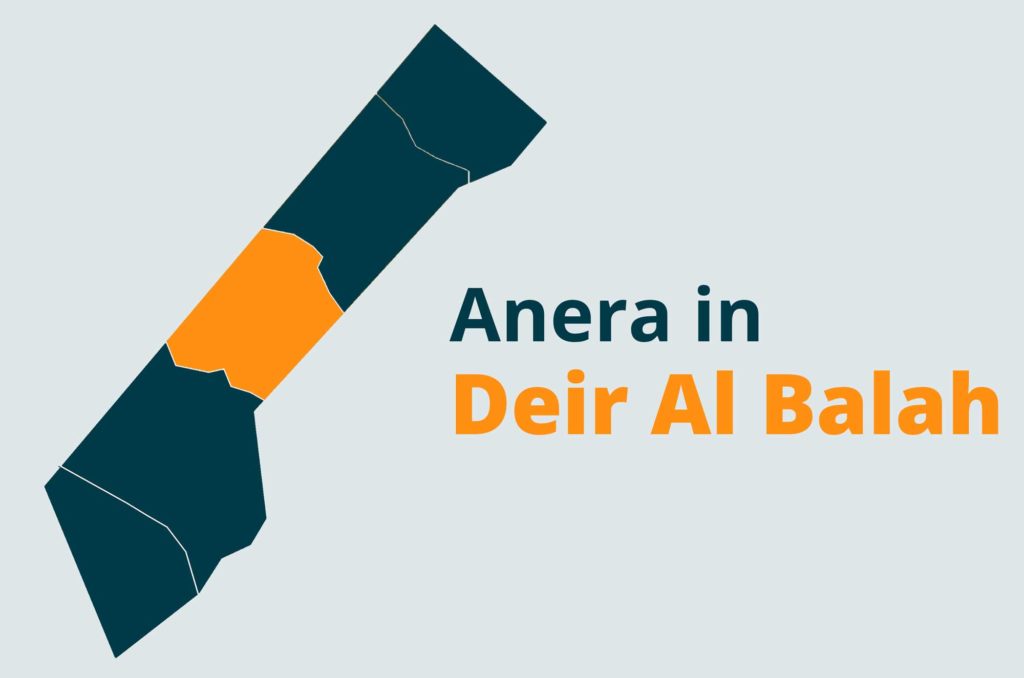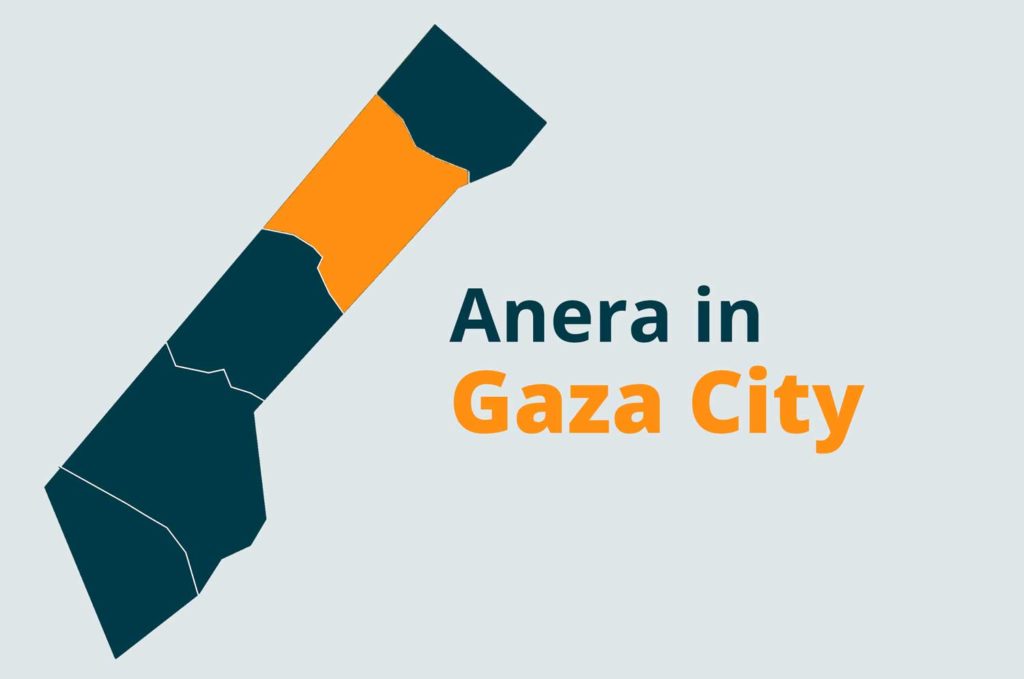Apr, 2015
By Sulaima Abu el Haj | Ramallah Anera ECD Program Coordinator and In-House Teacher Trainer
When I joined Anera four years ago, I never imagined it would turn out to be one of the richest and most gratifying jobs of my career!
I feel truly privileged to have the opportunity to be part of a professional team that is implementing one of the most important holistic early childhood development (ECD) programs in Palestine. The program is highly needed, fast growing, realistic in its aims, and practical in its implementation.
Training teachers to become even better
I plan and conduct teacher training sessions in early childhood core curriculum for preschool teachers, their principals and supervisors. Their experiences vary. Some have received university degrees, others rely on their years of experience, and the rest have neither.
This versatile group of women challenges me as I plan each training course. I always consider their training needs and the uniqueness of each geographic area. They do have a lot in common: most come from simple, low socio-economic backgrounds, with dreams of success and a dignified life. What brings them to the ECD sector in particular is their love for children.
The training sessions I conduct and facilitate allow these teachers to explore and study concepts, methodologies, theories, and so much more. But the real challenge lies in implementing these ideas in their preschool classrooms.
Mentorship
Mentorship is a major component of my work and the part I enjoy the most. Watching and observing teachers as they work and interact with children in their preschool classes forms the base and backbone of any successful ECD practitioner.
As teachers plan and implement activities with the children in their care, my role is to provide them guidance and support. It is a delicate balance of guiding and stepping back, which is important for the women as they develop their skills, confidence and full potential at their own pace.
Fareeda and Razan are two teachers who run the Far’aata preschool in Qalqilia. They had little previous mentorships and no training so they were very eager to attend our ECD in-service training program, commuting all the way from Qalqilia to Salfit for each session.
When Fareeda and Razan began applying their newly acquired skills, I could see they needed support. So, I helped them by increasing my visits to their preschool and intensifying my mentorship. It was great to see how ecstatic they were as they played, read stories and danced with the children.
Seeing these young adults enjoy their work with the preschoolers was so beautiful and a joy for me. The warmth with which they planned and managed their preschool—providing a feeling of being at home for the young preschoolers—was simply great.
Sadly, it is a rare scene in most local Palestine preschools.
Active learning
I remember the first time Najwa, the head teacher at the New Askar Preschool, provided paint and brushes to her group of five-year-olds. As one girl began painting with the brush—for the first time in her life—she suddenly stopped, looking in wonder at the colors on the paper hanging on the easel in front of her. She exclaimed: “Look ‘khalto’ (children in Nablus often refer to their teachers as ‘auntie’) look what I made!”
Holding the brush in mid-air she was trying to figure out what had caused these colorful shapes. She was so excited that she started laughing and painting circles and strokes, unable to verbally express herself. She kept looking at her teacher, then at the colors exploding in front of her.
Later, during “circle time” as the children were recalling the day’s activities, she was one of the first to show off her work to the rest of the class, timidly but with a beaming face.
How can I not treasure moments like these?
At Maasha preschool in Salfit, as teacher Wijdan prepared homemade finger paint with a group of young children, five-year-old Muhammad could not hold back his excitement as he spread the warm paint with his fingers in wide circles. He was discovering the sticky material, looking curiously at his hands, now covered with bright yellow paint. Smiling, Muhammad quickly and diligently worked with the paint, making patterns of flowers and geometrical shapes.
What Muhammad and the other children were experiencing was a mixture of emotions and active learning; the excitement from possibly their first time of being “allowed” by an observing adult to play with something as messy as paint or finger paint and to use materials rarely considered essential educational media by traditional schools or local communities.
And, I must add that it was not only the children experiencing the joy of learning all the new concepts from this extremely tactile, soothing experience. It was a beautiful moment for me and their teachers too.
Laying foundations for a better future
Seeing all Palestinian children, especially the underprivileged and the poor, access, attend and enjoy playing and learning in quality preschools has been a dream of mine since a very young age. As a child, I remember how lucky and happy I used to feel, attending one of the warmest, most inviting and beautiful Palestine preschools in Haifa, my hometown.
Now, as I drive down the narrow streets of New Askar refugee camp or along meandering, rugged roads in remote, marginalized villages of Hebron, in the southern West Bank, or north in Tubas on my way to a preschool or training session, I see my long-cherished dream coming true.


